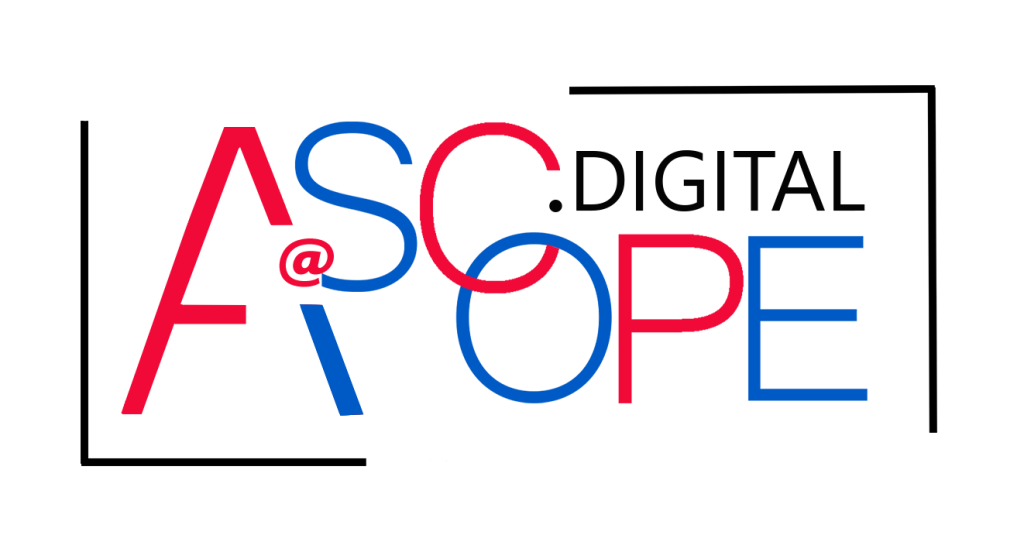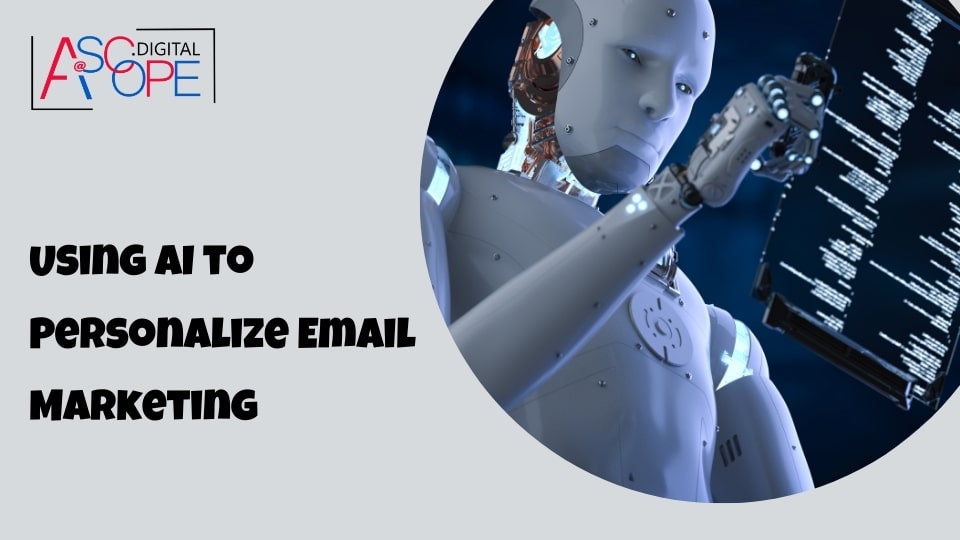Email marketing has long been a staple of digital marketing strategies, offering a direct line of communication to customers and potential clients. With the rise of artificial intelligence (AI), email marketing has evolved significantly, allowing for unprecedented levels of personalization. AI-driven email marketing can tailor messages to individual recipients, making communications more relevant and engaging. This advanced personalization can lead to higher open rates, better engagement, and ultimately, increased traffic and sales for your website. In this article, we will explore how AI can be leveraged to personalize email marketing effectively, and why it is a crucial component of modern digital marketing strategies.
The Power of Personalization
Personalization in email marketing is not a new concept, but AI takes it to a whole new level. Traditional methods of personalization include using the recipient’s name or segmenting email lists based on basic demographics. While these tactics are effective, they are relatively limited in scope. AI, on the other hand, can analyze vast amounts of data to create highly personalized and targeted emails.
AI algorithms can track user behavior across various platforms, including websites, social media, and previous email interactions. By analyzing this data, AI can predict what type of content a user is most likely to engage with. This allows marketers to send emails that are not only personalized with the recipient’s name but also tailored to their specific interests and behaviors.
Advanced Segmentation
One of the key benefits of using AI in email marketing is the ability to perform advanced segmentation. Traditional segmentation might involve grouping users based on broad categories such as age, gender, or location. AI can delve much deeper, creating micro-segments based on more nuanced behaviors and preferences.
For example, AI can segment users based on their browsing history, purchase behavior, and engagement with previous emails. This level of segmentation ensures that the content of the email is highly relevant to each recipient, increasing the likelihood of engagement. By sending the right message to the right person at the right time, AI-driven email marketing can significantly boost open and click-through rates.
Predictive Analytics

Predictive analytics is another powerful tool in the AI arsenal for email marketing. By analyzing past behavior, AI can predict future actions and preferences. This allows marketers to anticipate what their audience wants and needs before they even know it themselves.
For instance, if a user frequently purchases a certain type of product, AI can predict when they might be ready to make another purchase and send a targeted email at the optimal time. Predictive analytics can also help in identifying churn risks, allowing marketers to send re-engagement emails to users who might be losing interest.
Dynamic Content
Dynamic content is a game-changer in email marketing, and AI makes it easier than ever to implement. Dynamic content allows different elements of an email to change based on the recipient’s data. This means that each recipient can receive a unique email tailored specifically to them, even if they are part of the same campaign.
For example, an e-commerce business can use dynamic content to show different product recommendations to different users based on their browsing history and past purchases. This level of personalization can make the email feel like it was crafted just for the recipient, increasing the chances of engagement and conversion.
Natural Language Processing
Natural Language Processing (NLP) is a branch of AI that deals with the interaction between computers and human language. NLP can be used in email marketing to analyze and understand the content of emails. This can be particularly useful for crafting subject lines and email copy that resonate with the audience.
AI can analyze past email campaigns to determine which types of subject lines and content perform best with different segments of the audience. This allows marketers to create more effective email copy that is likely to capture the recipient’s attention and encourage them to take action.
A/B Testing and Optimization
A/B testing is a common practice in email marketing, where two versions of an email are sent to different segments of the audience to determine which performs better. AI can take A/B testing to the next level by automating the process and providing deeper insights.
AI can analyze the results of A/B tests in real-time and use the data to continuously optimize email campaigns. This means that marketers can quickly identify what works and what doesn’t, and make adjustments on the fly. This level of optimization can lead to better performance and higher ROI.
Automation and Efficiency

One of the biggest advantages of using AI in email marketing is the ability to automate repetitive tasks. AI can handle tasks such as list segmentation, content creation, and performance analysis, freeing up time for marketers to focus on strategy and creativity.
Automation also ensures that email campaigns are consistent and timely. For example, AI can automate the sending of welcome emails to new subscribers, follow-up emails to potential leads, and re-engagement emails to inactive users. This level of efficiency can improve the overall effectiveness of email marketing campaigns.
Personalization at Scale
Personalizing emails for each individual recipient can be a daunting task, especially for businesses with large email lists. AI makes it possible to achieve personalization at scale, allowing marketers to send highly personalized emails to thousands or even millions of recipients.
AI can analyze data and create personalized content in real-time, ensuring that each email is tailored to the recipient’s preferences and behaviors. This level of personalization can help businesses build stronger relationships with their audience and drive better results.
Enhancing Customer Experience
Ultimately, the goal of email marketing is to enhance the customer experience and drive engagement. AI can help businesses achieve this by providing a more personalized and relevant experience for their audience.
By understanding the needs and preferences of each recipient, AI can create emails that are not only informative but also enjoyable to read. This can lead to higher satisfaction and loyalty, as customers feel valued and understood.
Real-World Examples

Many businesses are already leveraging AI to personalize their email marketing campaigns with great success. For example, Amazon uses AI to send personalized product recommendations to its customers based on their browsing and purchase history. This has helped Amazon increase its sales and customer engagement.
Another example is Netflix, which uses AI to send personalized content recommendations to its subscribers. By analyzing viewing history and preferences, Netflix can suggest movies and TV shows that are likely to interest each subscriber, improving their overall experience and keeping them engaged with the platform.
Challenges and Considerations
While AI offers many benefits for email marketing, it is important to consider the challenges and potential pitfalls. One of the main challenges is ensuring that the data used by AI is accurate and up-to-date. Inaccurate data can lead to irrelevant or misleading content, which can harm the recipient’s experience.
Privacy is another important consideration. Businesses must ensure that they are compliant with data protection regulations and that they are transparent with their audience about how their data is being used. Building trust with customers is crucial for the success of AI-driven email marketing.
The Future of AI in Email Marketing
The use of AI in email marketing is still in its early stages, and there is much potential for further innovation. As AI technology continues to evolve, we can expect even more advanced and sophisticated personalization techniques.
One area of potential growth is the use of AI to create interactive and immersive email experiences. For example, AI could be used to create emails that include personalized video content or interactive elements that engage the recipient in new ways.
Another exciting development is the integration of AI with other marketing channels. By combining AI-driven email marketing with social media, SMS, and other digital channels, businesses can create a seamless and cohesive customer experience.
Conclusion
AI is revolutionizing the way businesses approach email marketing, offering unprecedented levels of personalization and efficiency. By leveraging AI to analyze data, predict behavior, and create dynamic content, businesses can send highly targeted and relevant emails that resonate with their audience.
This advanced personalization can lead to higher engagement, better customer experiences, and ultimately, improved traffic and sales for your website. Thus, improving traffic and sales for your website. Read more on the other reasons why your website isn’t getting traffic. As AI technology continues to evolve, the possibilities for email marketing are endless. By staying ahead of the curve and embracing AI-driven techniques, businesses can stay competitive and achieve their marketing goals.


